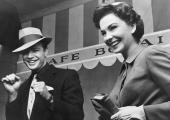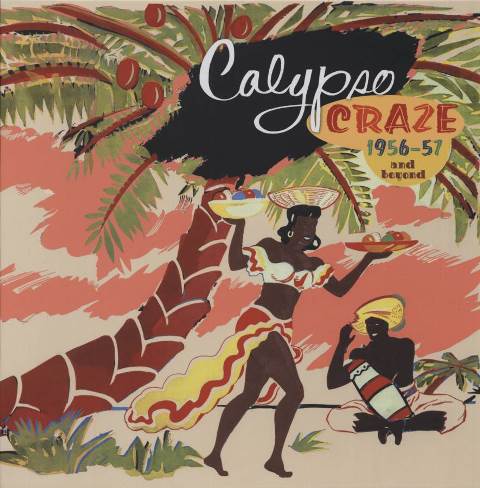A Streetcar Named Desire, Scottish Ballet, Sadler's Wells

Contemporary narrative ballet at its very best
Your mum told you (or at least, I hope someone did) that it wasn't about being pretty, it was about having personality. True wisdom though this is, you probably also noticed that there are some jobs where it appears to be necessary to conform to a certain model of style or appearance. Playing the princess roles in ballet is one of these, though it's not about prettiness: for practical reasons you have to be shorter and considerably lighter than the men who will partner you.










 Various Artists: Calypso Craze
Various Artists: Calypso Craze